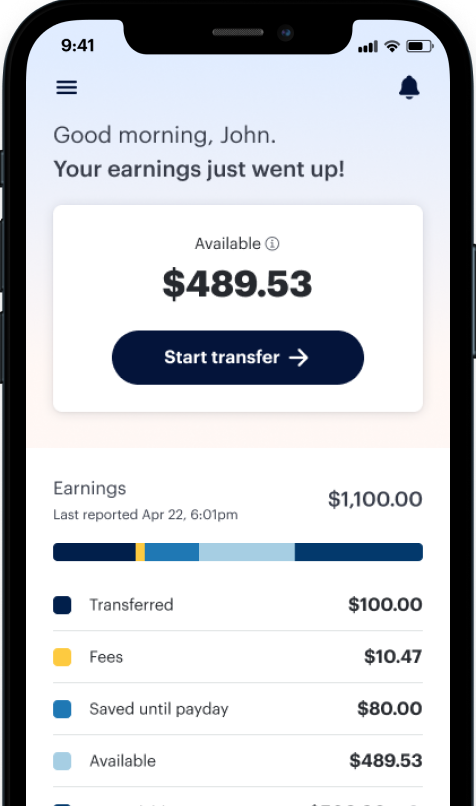Effectively managing your finances is one of the keys to achieving financial freedom and reaching your long-term money goals.
Here are some popular rules you can follow to help budget your money like a pro. It’s not possible to follow all of them at once, but not every rule is meant for everybody. In this list, hopefully, you can find some rules that work for you to help you save as much money as possible and budget your finances like a pro.
The Pay-Yourself-First Rule
The “pay yourself first” rule in budgeting is a principle that suggests you should allocate a portion of your income towards savings and investments before paying other expenses. The idea is to treat savings like any other monthly bill or obligation by automatically transferring funds to dedicated savings or investment accounts as soon as you receive your paycheck. Using an app that automates savings and sets aside cash directly from your paycheck can help.
The 50/30/20 Rule
This rule is a budgeting strategy that allocates 50% of income for essentials, 30% for discretionary spending and 20% for savings and debt repayment.
The 70/20/10 Rule
If you’re just beginning to learn how to budget, this method may be best for you. This rule uses 70% of your income for living expenses, 20% for savings and 10% for debt repayment and discretionary spending. It emphasizes saving a larger portion of income while limiting discretionary spending.
The 50/15/5 Rule
For those looking to prioritize savings while leaving a little extra wiggle room for discretionary spending, the 50/15/5 Rule may be best. Following this method means spending 50% of your income on essentials, 15% on retirement savings and 5% on short-term savings. It leaves 30% for discretionary spending or debt repayment.
The 48-Hour Rule
With one-click purchases and two-day delivery being the norm these days, impulse buying is easy. The 48-hour rule requires waiting 48 hours before making a non-essential purchase. This will give you a cooling-off period to evaluate whether the purchase is truly within your budget and helps avoid impulsive spending.
The 30-Day Rule
The 30-day rule uses the same theory as the 48-hour rule and is usually reserved for big purchases, like large appliances or motor vehicles. During this time, you evaluate if you truly need or want the item and whether it’s in your budget. After 30 days, if you still want it, you can make the purchase mindfully.
The 30% Rule
The 30% rent rule recommends spending no more than 30% of your gross monthly income on rent or housing costs. This helps ensure affordability while leaving room for other expenses, savings and discretionary spending. This rule may need adjustments based on your unique circumstances and location.
Regardless of what stage you are in your financial wellness journey, having a solid budget in place is crucial. Try some of these practical budgeting strategies and money-saving tips, and you’ll take control of your finances in no time.
All information herein is for educational purposes only and should not be relied upon for any other use. The information herein does not constitute the rendering of financial, business, accounting, securities, tax or legal advice or other professional advice by DailyPay. No fiduciary obligation or duty exists, or is created, between you and DailyPay. DailyPay does not warrant the completeness or accuracy of any information provided to you.

